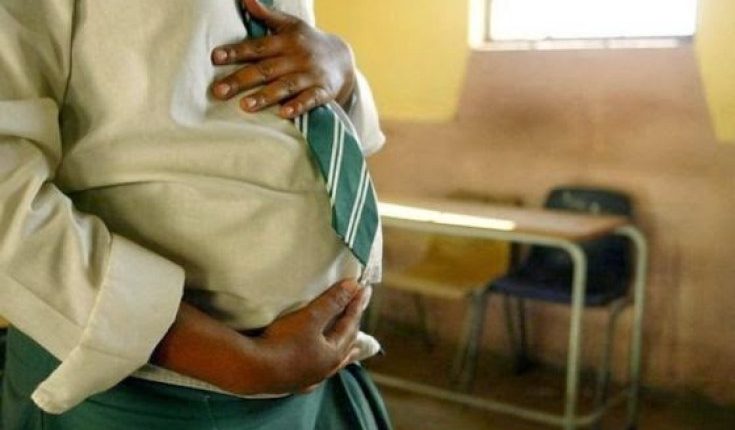According to the Ministry of Health’s statistics that were released on Tuesday 98 new HIV infections were recorded each week among adolescents who are aged between 10 and 19 years in the last year.
According to them, this is because of the tripling of new HIV infections, gender and sexual violence, and adolescent pregnancies.
Kenya is still the third-highest when it comes to teenage pregnancies with one in every five adolescent women between the age of 15 and 19 already having children or pregnant with their first child.
The Ministry of Health also revealed that HIV/AIDS is still a major public health threat for adolescents and young people.
Data gotten from the Ministry of Health and the National Aids Control Council (NACC) revealed that the number of needed HIV infections and teenage pregnancies is only increasing.
“Kenya has the third highest teenage pregnancies world-over where one in every five adolescents aged 15 to19 years are already mothers or pregnant with their first child,” said Health PS Susan Mochache.
In 2017 Kenya had around 67,000 adolescent pregnancies out of 317,000. Most of these adolescent pregnancies were between the age of 10 and 19.
“We have seen around 6,000 teenage pregnancies in Nairobi and 50% of them end up being HIV positive,” said Dr Ouma Oluga.
The counties of Kisii, Mandera, Nairobi, Kajiado, Homabay, Meru, Kericho, Narok and Bomet had 56% of all teenage pregnancies among adolescents aged between 10 and 14.
The situation indicates that Kenya is facing a rise in HIV infection among women of childbearing age.
As of this year, adolescents aged between 10 and 19 accounts for 53% of all sexual gender-based violence cases.
Adolescents and young adults aged 15 to 29 account for 61% of all new adult HIV infections.
The Counties of Kisumu, Kisii, Narok, Nandi Tana River and Laikipia accounted for 72% of all new infections.
1.4 million Kenyans were infected with HIV as of 2021. Children aged between 0-4 years accounted for more than 78,000 of the infected population. Adolescent girls and young women were vulnerable due to poverty, a lack of education and a lack of employment opportunities.
The Ministry of Health through the National Aids Control Council has launched a new countrywide campaign called ‘End the Triple Threat’ with the intention of addressing the three major issues that are affecting young people.



Comments are closed.